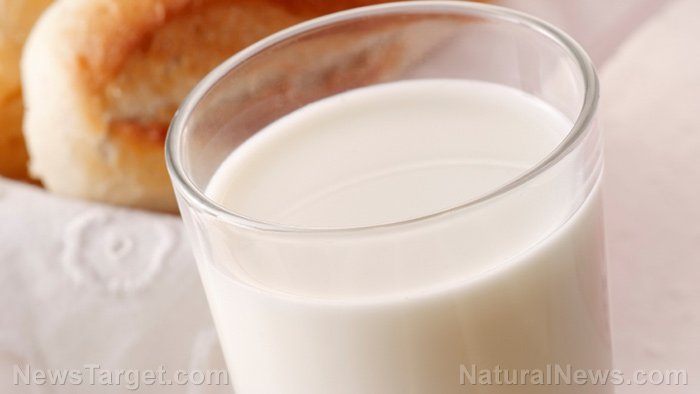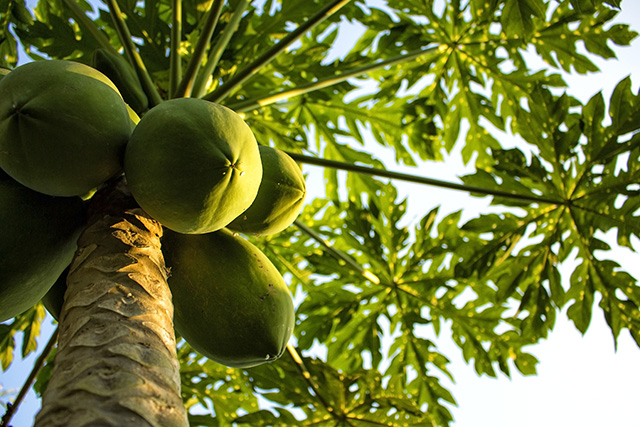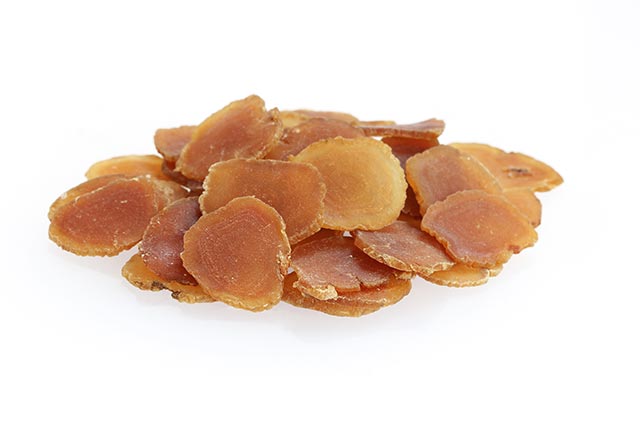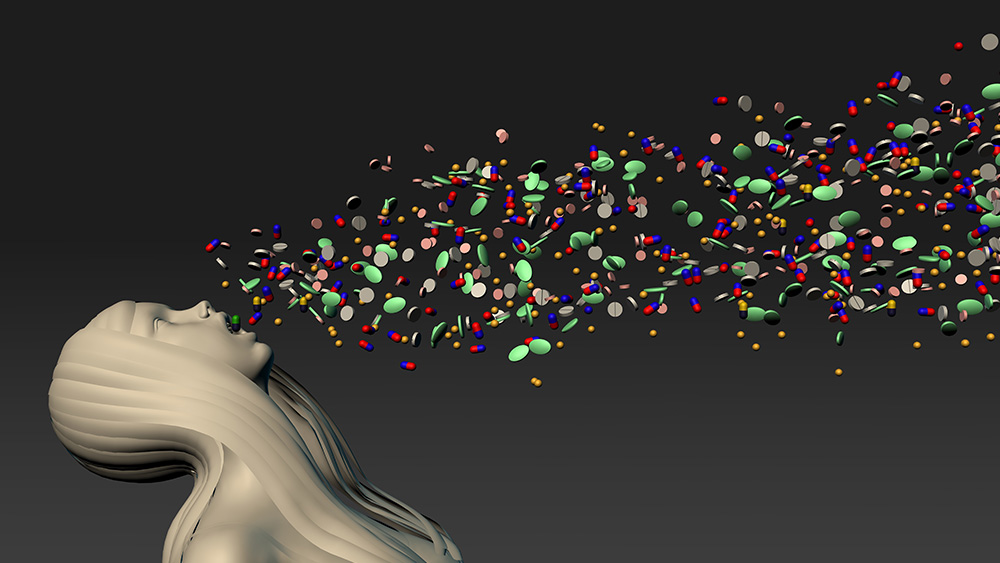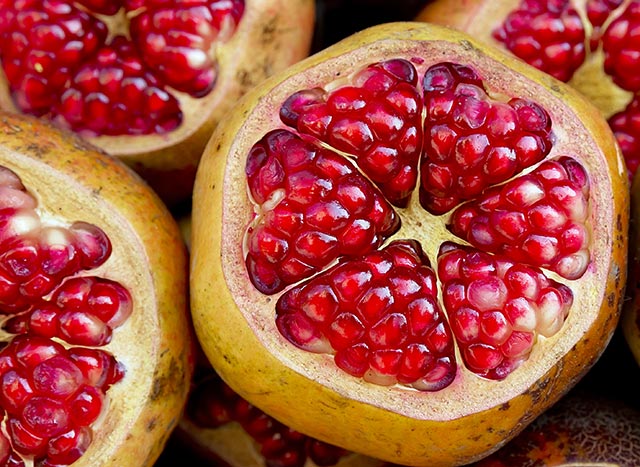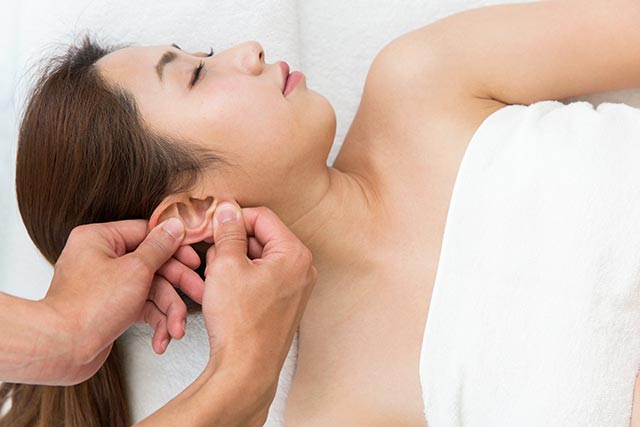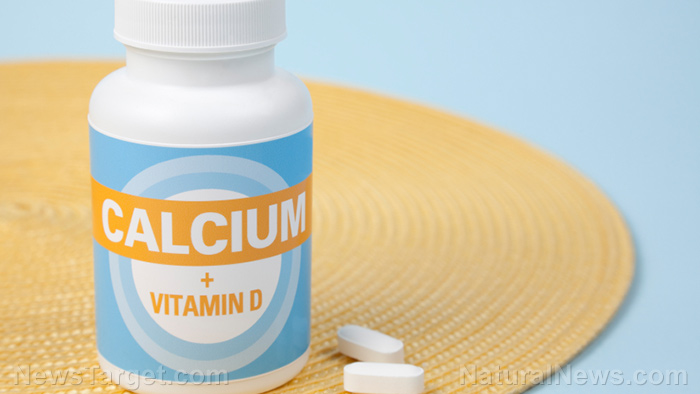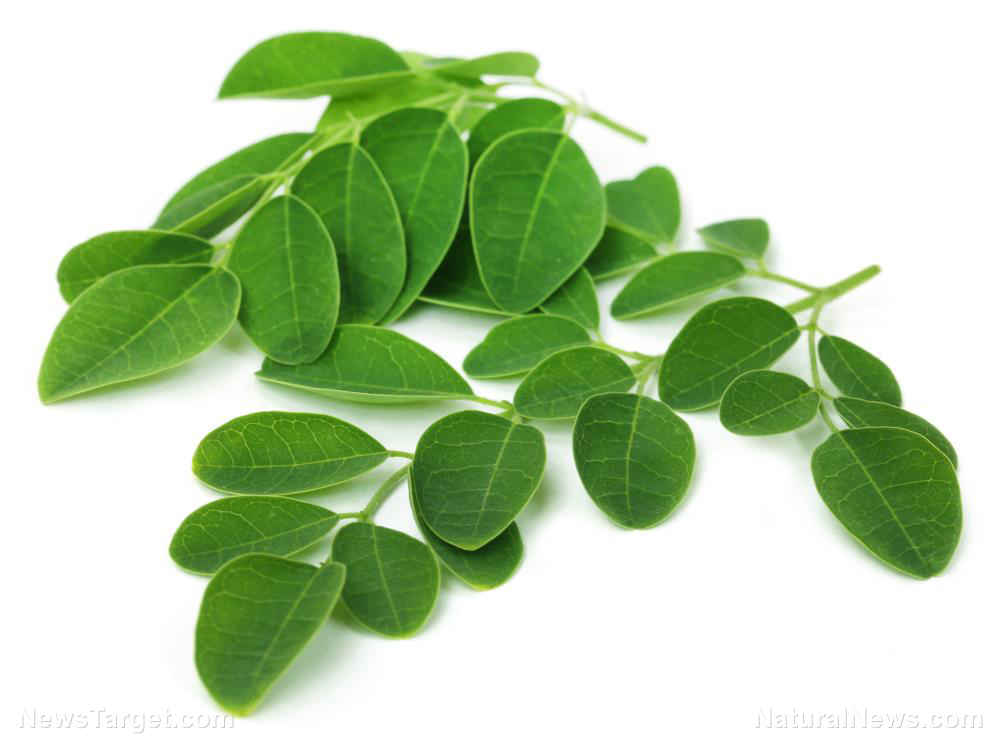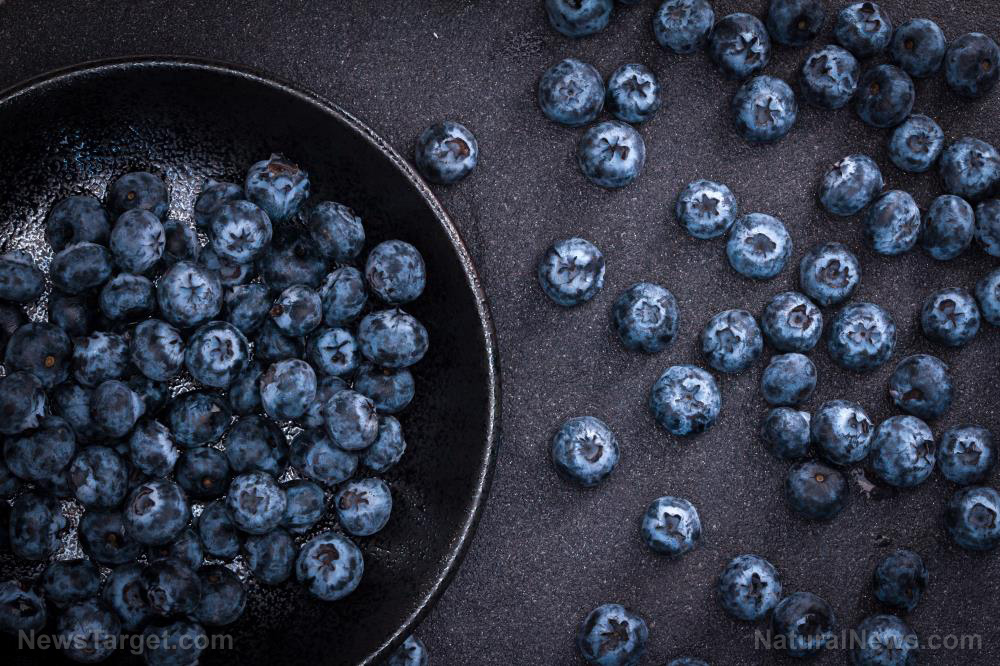Chinese medicines with pharmacological effects against vascular diseases
07/11/2019 / By Ralph Flores

A study from the Guangzhou University of Chinese Medicine has found Chinese herbal medicines to be effective against ischemic cardio/cerebral-vascular diseases. The results were published in The American Journal of Chinese Medicine.
- Cardio- and cerebral-vascular diseases have a high mortality rate, making them a serious risk to human health.
- In the study, the researchers investigated potential mechanisms for controlling the onset of these diseases – in particular, the role of inflammasomes in ischemic cardio/cerebral-vascular diseases (ICCVDs).
- Earlier studies show that inflammasomes activate the sterile inflammatory response responsible for accelerating disease development and aggravating acute tissue lesions.
- NLRP3 is a heavily studied inflammasome and is proven to be effective for therapies that target ICCVDs.
- The review summarized how Chinese herbal medicine could impact ICCVDs by regulating the NLRP3 inflammasome.
- The researchers found that certain active ingredients can negatively affect NLRP3 in different models of ICCVDs:
- Astragaloside IV inhibits NLRP3 activation by influencing cell membrane receptors.
- Resveratrol, colchicinesis, salvianolic acid B, chrysophanol and sulforaphane directly affect NLRP3 formation by inhibiting the ASC or caspase-1.
- Natural compounds, on the other hand, negatively regulate the downstream products of NLRP3, which include IL-18 and IL1-beta.
- Sinomenine, ruscogenin, resveratrol, arctigenin, and cepharanthineas downregulate NLRP3 by inducing autophagy activation.
In sum, the researchers noted that Chinese herbal medicines could be used to treat ICCVDs through its NLRP3-inhibiting properties.
Learn more about cardiovascular diseases at Heart.news.
Journal Reference:
Li Y, Liu Y, Yan X, Liu Q, Zhao YH, Wang DW. PHARMACOLOGICAL EFFECTS AND MECHANISMS OF CHINESE MEDICINES MODULATING NLRP3 INFLAMMASOMES IN ISCHEMIC CARDIO/CEREBRAL VASCULAR DISEASE. The American Journal of Chinese Medicine. 10 December 2018;46(08):1727–1741. DOI: 10.1142/S0192415X18500878
Tagged Under: alternative medicine, brain health, cardiovascular diseases, cerebrovascular diseases, Chinese herbal formula, Chinese herbal medicines, goodheart, heart health, Herbs, inflammasomes, ischemia, natural cures, natural medicine, NLRP3 inflammasome, remedies, review, traditional Chinese medicine

